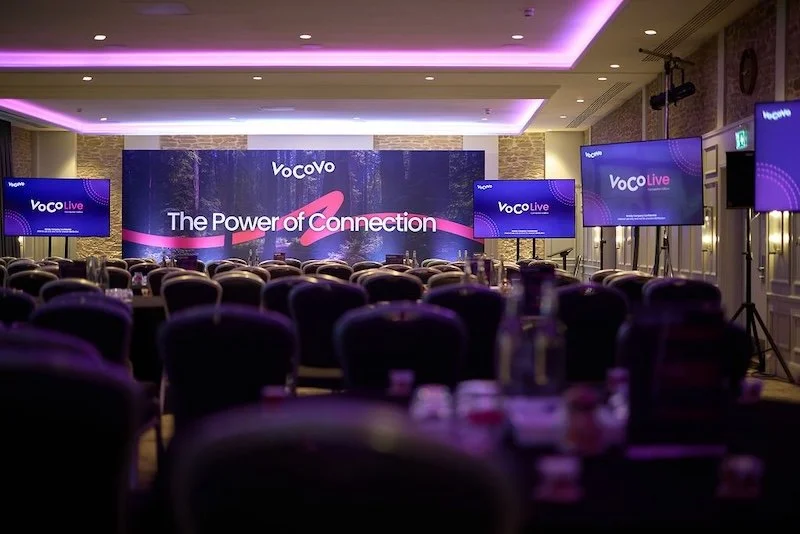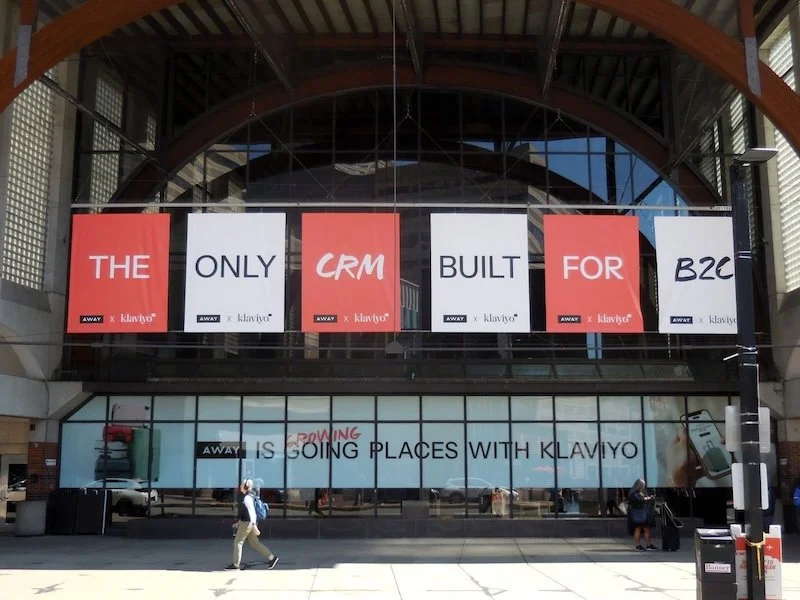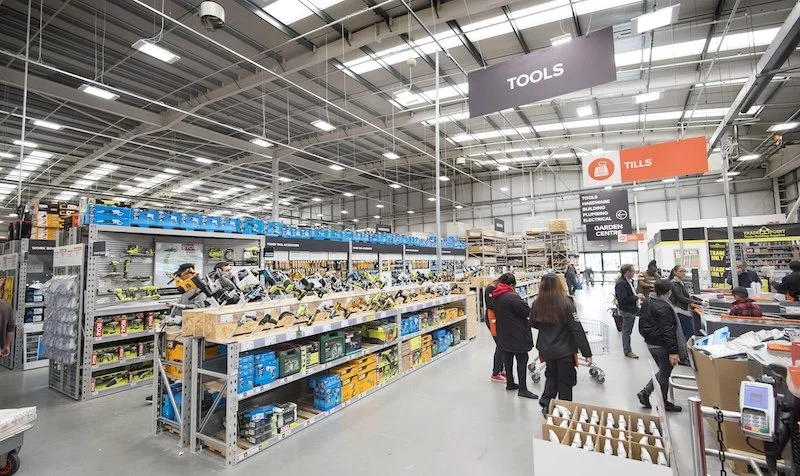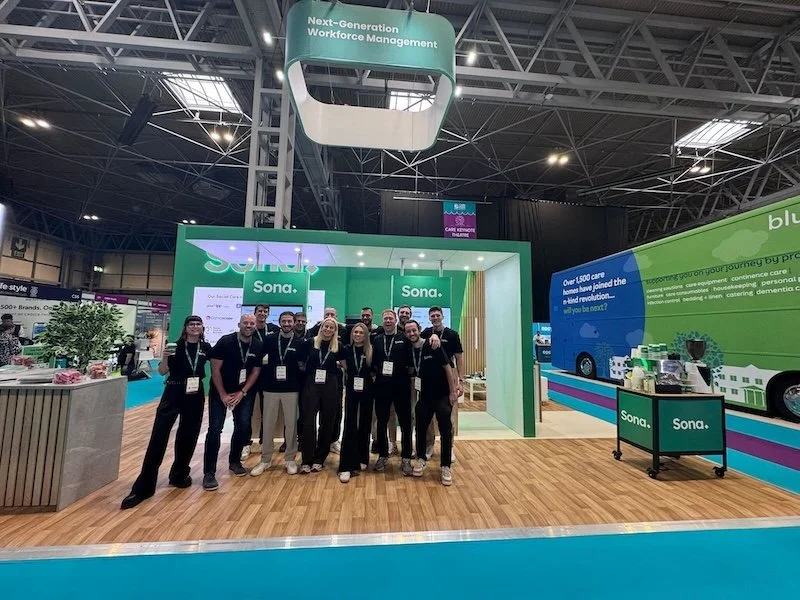How EV charging technology is changing the retail landscape
Electric vehicle charging is fast becoming essential to the UK retail experience. As more people switch to electric cars, their shopping habits are changing too. Retailers now recognise that offering convenient charging options is no longer a luxury but a necessity.
Shopping centres, supermarkets, and retail parks are adding charging points to attract eco-conscious customers and encourage more extended visits. This shift highlights how charging technology quietly reshapes how consumers engage with retail spaces and how retailers position themselves in a more sustainable economy.
The Growing Role of EV Charging in Retail
Charging infrastructure has evolved from small-scale convenience to a major influence on customer behaviour. For many drivers, the availability of charging points now determines where they shop. Retailers that install high-quality chargers provide a valuable service that supports electric vehicle owners' daily lives while benefiting their business through increased footfall and brand loyalty.
Retailers aiming to attract EV drivers should focus on installing reliable and efficient systems, such as a type 2 EV charger, which has become the standard across Europe. Equipping sites with high-quality accessories, including type 2 charging cables, ensures vehicles can charge safely and efficiently. Investing in dependable hardware demonstrates professionalism and builds trust among shoppers who rely on charging during their visits.
Customers increasingly expect charging facilities to be convenient and user-friendly. Choosing the right charging cable ensures that retailers can support a wide range of vehicles and deliver a consistent experience across different locations. This approach improves customer satisfaction and positions the retailer as a forward-thinking business embracing sustainable practices.
Technical Infrastructure for Modern Retail Charging
The foundation of any effective retail charging system lies in its infrastructure. Most retailers choose standard 7kW charging points that balance speed and affordability, allowing customers to top up their vehicles while shopping. Larger retail complexes often install 22kW chargers to cater to customers with shorter visit times, ensuring quick and efficient charging for all vehicle types.
A type 2 EV charger is compatible with nearly all European electric vehicles, making it ideal for multi-brand environments. These chargers can handle both single-phase and three-phase power, giving retailers flexibility in setup and scalability. When paired with a durable type 2 charging cable, they form the backbone of a dependable and customer-friendly network.
Outdoor charging installations must also withstand the unpredictable British weather. High-quality, weather-resistant cables and connectors maintain performance even during heavy rain or snow. By selecting robust materials and protective enclosures, retailers can ensure safety and reliability throughout the year.
Making Charging Part of the Shopping Experience
Integrating EV charging into the customer journey turns a simple shopping trip into a multi-purpose experience. Customers can plug in their cars and browse stores, dine, or attend appointments while their vehicles charge. This convenience encourages longer visits and repeat business, as shoppers tend to return to locations that meet their practical needs.
Retailers should strategically position charging points for easy access and visibility. Clear signage helps drivers locate them quickly, while dedicated parking spaces ensure that chargers are used appropriately. Staff training is another key element. Employees should understand how chargers work, recognise common cable types, and be able to assist customers who are new to electric vehicles.
The type 2 charging cable simplifies this process because it supports most vehicle brands, reducing compatibility issues. When retailers design car parks with charging bays close to entrances or key facilities, it enhances users' convenience and safety.
Expanding Retail Opportunities Through EV Infrastructure
Adding charging facilities offers more than just customer convenience; it creates valuable business opportunities. Retailers can use charging sessions as a touchpoint to connect with shoppers digitally. Integrating charging into store apps or loyalty schemes allows customers to earn points, receive special offers, or pay seamlessly while their cars charge.
The availability of real-time data from connected charging systems can also help retailers understand customer behaviour. Analysing usage patterns provides insights into when and how people shop, which can inform future store layouts or promotional strategies. By understanding when charging bays are most active, retailers can plan targeted marketing during those periods.
Offering a type 2 EV charger demonstrates commitment to innovation and environmental responsibility, which can strengthen brand image - for some retailers, charging facilities also open opportunities for partnerships with car manufacturers, energy suppliers, or technology companies seeking to expand their reach within sustainable retail spaces.
Meeting Regulatory and Environmental Standards
Installing EV charging infrastructure requires compliance with local planning and safety regulations. Retailers should work with certified contractors to ensure all equipment meets UK standards for electrical safety. Many local councils support sustainable infrastructure projects through grants or planning incentives, which can make installation more affordable.
Energy efficiency is another consideration. Retailers can reduce their carbon footprint by sourcing renewable electricity for charging stations. Green energy contracts demonstrate environmental responsibility and may attract customers who value sustainability.
Proper charging system maintenance is vital for long-term success. Routine inspections, software updates, and cleaning schedules help ensure that all equipment operates reliably. A neglected charging system frustrates customers and can damage the retailer’s reputation.
Enhancing Customer Engagement Through Sustainability
Retailers can use EV charging as part of their broader sustainability communication. Clear messaging about eco-friendly initiatives, whether through signage or digital channels, reinforces the brand’s commitment to a cleaner future. Shoppers who feel aligned with a retailer’s values are more likely to become repeat customers.
Community engagement is another valuable aspect. Hosting events or offering incentives for EV drivers builds a sense of belonging and positions the retailer as a leader in sustainability. Providing educational materials about electric mobility and responsible charging behaviour can also strengthen the retailer’s role in promoting greener lifestyles.
A visible commitment to sustainability often translates into increased loyalty. Consumers want to support businesses that take tangible steps toward reducing emissions. Combining electric vehicle infrastructure and environmental awareness can set retailers apart from competitors.
Preparing for the Next Phase of EV Integration
The evolution of EV technology continues to create new possibilities for retailers. Future innovations such as bidirectional charging could allow vehicles to supply energy back to the grid, turning car parks into potential energy hubs. Retailers who are now preparing to install scalable systems will find it easier to integrate these developments as they emerge.
Digital integration will also play a growing role. As charging networks connect with store apps, customers may soon be able to reserve chargers, monitor charging progress, or receive promotions while they shop. This technology driven approach makes charging a seamless part of the overall retail experience.
Retailers that view EV infrastructure as a long-term investment, rather than a short-term service, will stay ahead of the curve. Adopting flexible technology and maintaining strong supplier relationships will make future upgrades more cost-effective.
Powering the Future of Retail with Smarter Charging
Electric vehicle charging is reshaping how shoppers interact with retail spaces. Retailers that install reliable infrastructure, invest in quality equipment such as a type 2 EV charger, and use durable type 2 charging cables are building the foundation for long-term success.
Convenient charging encourages longer visits, strengthens customer loyalty, and enhances environmental credentials. For retailers ready to adapt, embracing EV technology is a smart business decision that drives the future of shopping in the UK.































Continue reading…